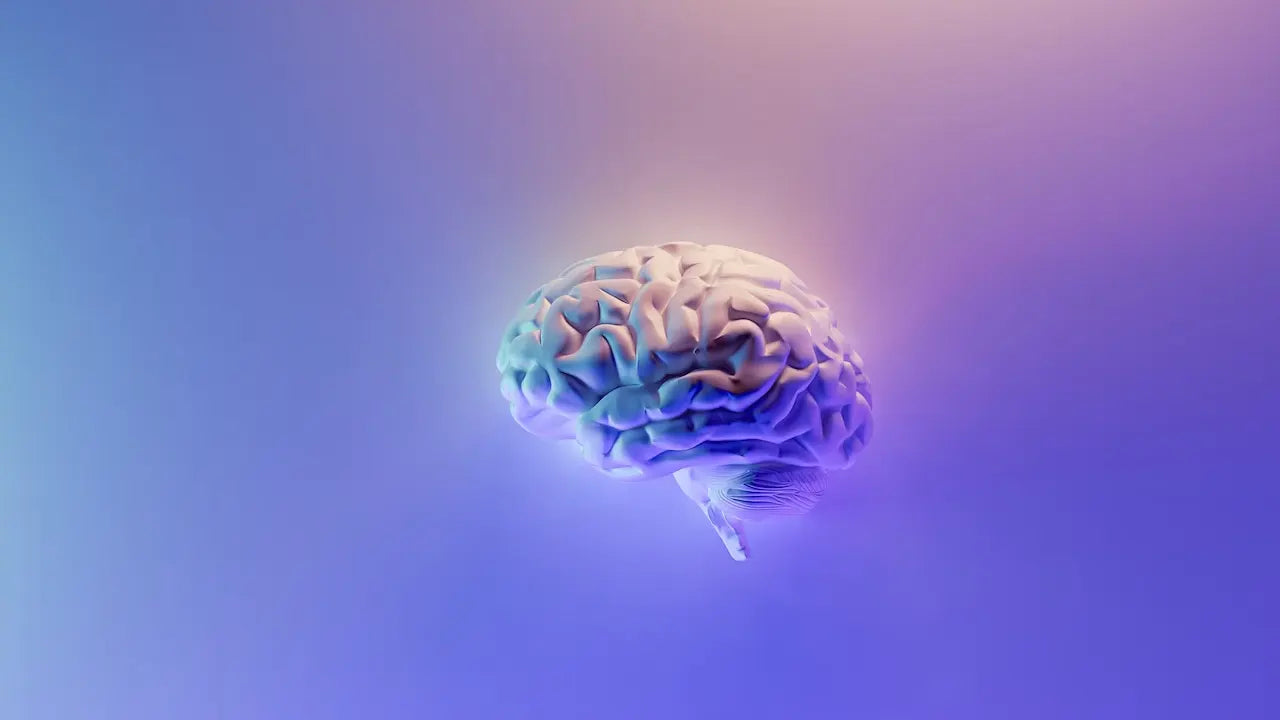In today's bustling, ever-evolving world, everyone's hunting for that extra edge to sharpen their mental function. Enter Nootropics: the modern-day elixir promising a multitude of cognitive enhancers. Let's embark on a journey into this realm and uncover its secrets.
Types of Nootropics

Introduction to Nootropic Varieties
Recommended Dosage for Different Nootropics
Misuse of Prescription Nootropics

The Dangers of Off-Label Use
Legal and Ethical Considerations
Increased Creativity

Unleashing Creative Potential
Balancing Creativity with Responsibility
Risk of Side Effects

Understanding Potential Adverse Effects
Monitoring and Minimizing Risks
Summary
Frequently Asked Questions
Do nootropics actually work?
What is a nootropic?
What are the side effects of nootropics?
Is it OK to take nootropics every day?
Is nootropics a drug?










